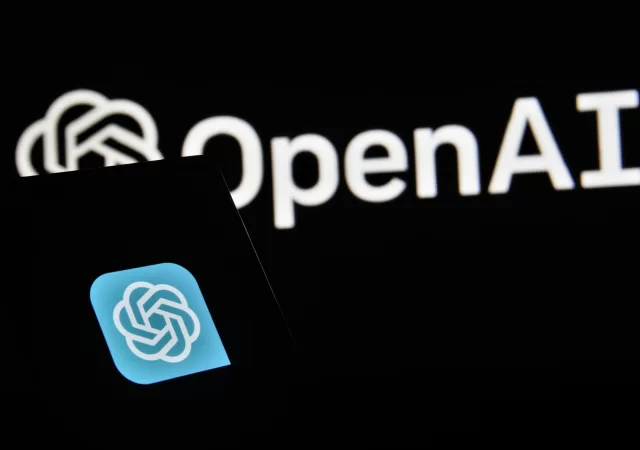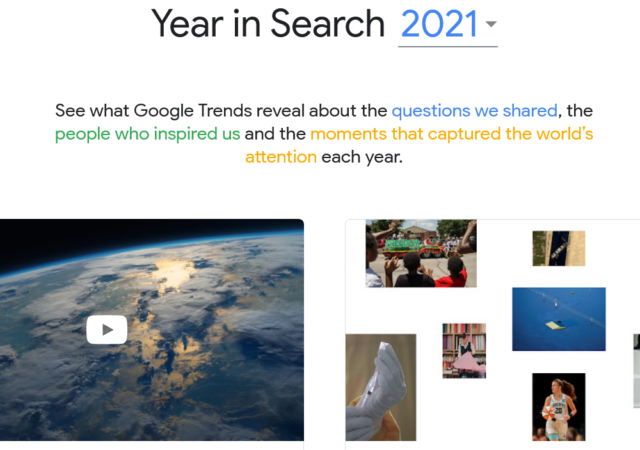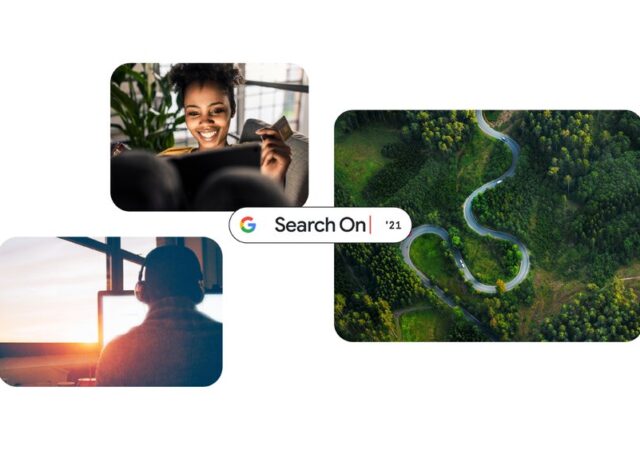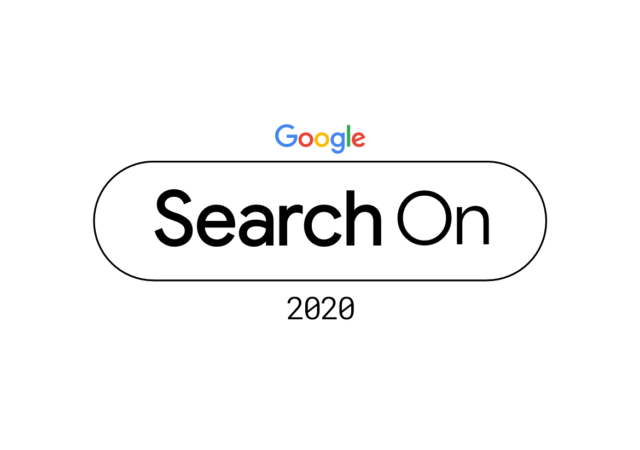Google’s search ranking system has been unveiled following a massive leak of a crucial API for the company’s search platform. Leaks are contradicting what Google has said in the past.
Is OpenAI Looking to Challenge Google’s Search Dominance?
OpenAI is supposedly entering the web search arena and taking on Google. Could ‘OpenAI it’ become the new phrase to navigate the internet? Learn more!
Stay on top of the FIFA World Cup with Google Search
With the FIFA World Cup finally kicking off, Google offers new features in the Search Android app to stay up to date on every kick of the game! Stay ahead with notifications, statistics and live scores with the Google Search…
Google’s Year In Search Shows Malaysia’s Longing for Normalcy and Aid
Malaysia’s Year in Search on Google paints a picture of a nation that is healing from a global pandemic; yearning for normalcy and aid to make it through.
Google Looks to “MUM” to Enhance Search
Google announces a slew of updates coming to Search thanks to their Multitask Unified Model which allows it to be more contextual.
More A.I. Coming to Search – Google to unveil more during Search On Virtual Event
Google is set to reveal more about new features and enhancements coming to its cornerstone search service.








